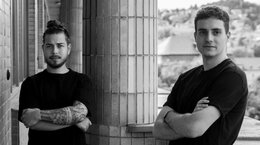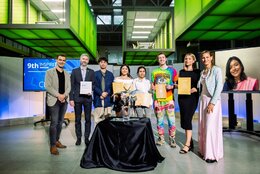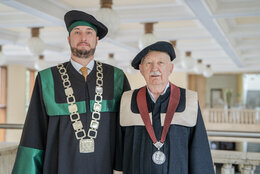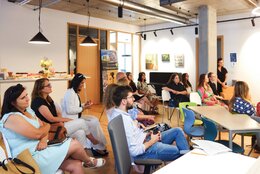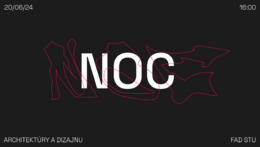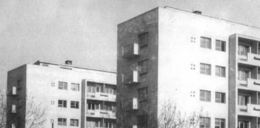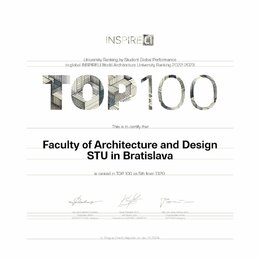At the end of November (19-26), the second visit of STU employees took place at the University of Iceland in Reykjavik. FAD in Iceland was represented by Vice-Dean for Foreign Relations and PR Klára Macháčová and Faculty Coordinator Erasmus+ Mária Páleníková. The week-long program consisted of a dozen meetings with project coordinators, representatives of faculties, financial and foreign departments, or teachers and researchers at several faculties within the University of Iceland. The immediate preparations for the trip were due to the expected volcanic eruption near the only international airport of Keflavík. Only a week before the trip, after many days of earthquakes, they evacuated the town of Grindavík, only about 20 km from the airport. Questions and doubts about whether it is a good time to travel to Iceland, but they stayed in Slovakia. In Iceland, life goes on even in the case of dramatic natural phenomena, they are part of their life and culture.
The idea of living near an active volcano may seem terrifying to some. A tour of the Hellisheiði geothermal power plant (https://www.on.is/en/geothermal-exhibition/), which supplies the capital Reykjavík with electricity and hot water, brought a different point of view. Only thanks to geothermal energy, the country can be food independent in a cold climate with a lack of light in the winter months – heated greenhouses shine into the darkness all over the island. Part of the exhibition in the power plant was also dedicated to the patent of the Icelandic company Carbfix, which arose from research at the University of Iceland. The topic of start-ups emerging on university grounds (transfer of research results funded by the university to the commercial sphere) was later opened during other meetings at individual faculties of the university. For example, the meeting with Professor Anna Sigríður Ólafsdóttir, who developed an intervention method to improve the diet of children with autism, including her own data collection methodology, was inspiring. Although it is not a topic that directly affects FAD (although the professor outlined a possible connection, for example in the field of food design). However, the circumstances of how her research project developed were interesting. It was encouraging to hear that even in a small country it is possible to do meaningful and innovative projects that have a concrete impact on people’s lives.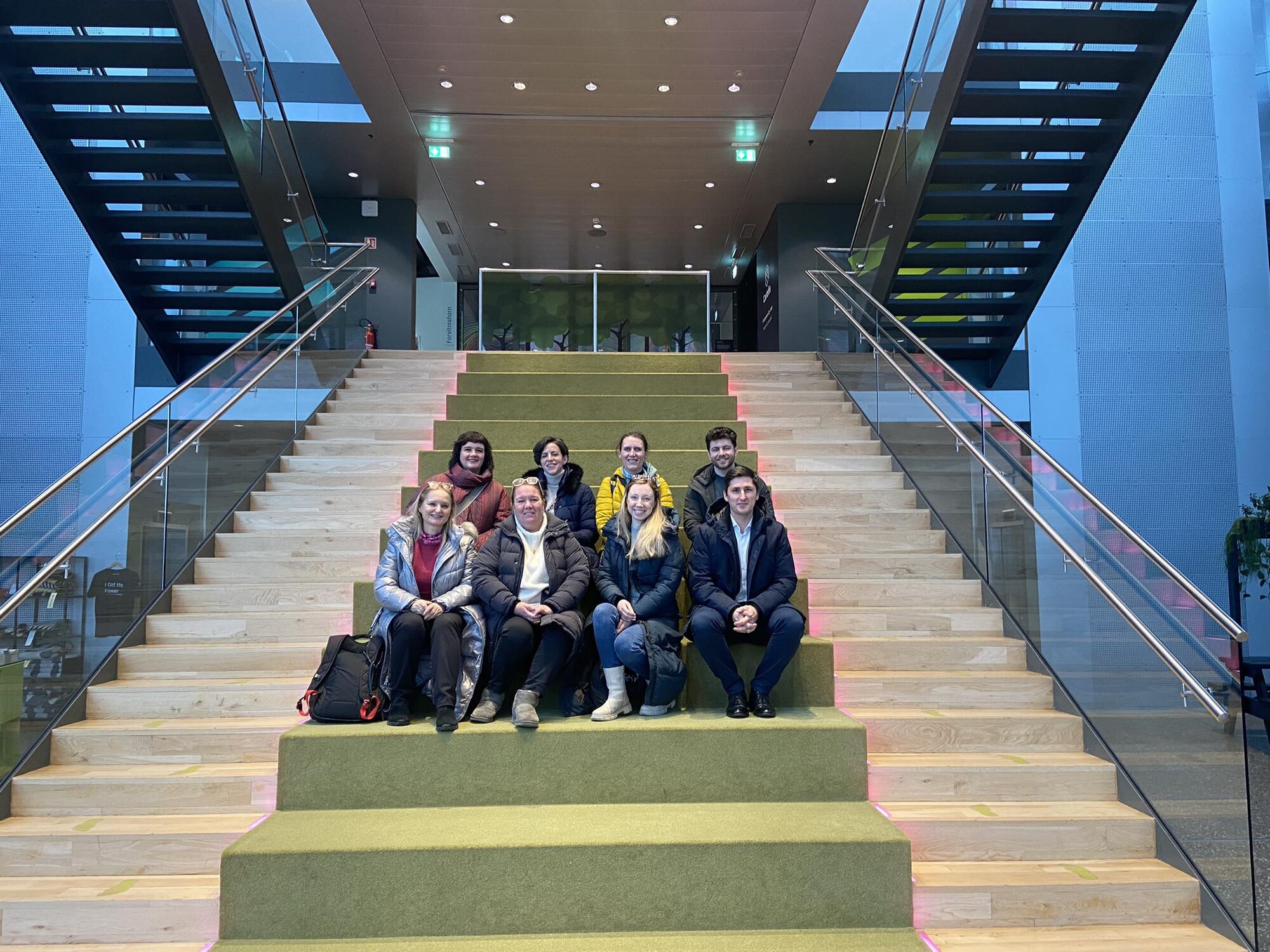
From FAD’s point of view, the meeting with the representatives of the foreign department of Iceland University of Arts (https://www.lhi.is/en), which also covers „our“ fields of study – architecture and design, was probably the most important. A large part of the meeting was devoted to the topic of potential study and employment exchanges. This Icelandic university is perhaps more similar in character to VŠVU, mainly due to the much smaller number of students than FAD. It was obvious during the tour of the studios, where students of all grades worked together, in a very familiar atmosphere. Closer cooperation, despite the differences, will be beneficial for both parties. The signing of the inter-institutional contract, which would enable Erasmus+ mobility of students and teachers, should take place in the next few days.
During several meetings, the same topics appeared, which are not far from the Slovak academic environment at all. Not only the funding of research, but especially the personnel coverage of teaching in addition to active research is a big challenge in every small country. In addition, Icelandic universities have a much more difficult position than Slovak universities. A country with a small population and a small economy with its own currency is very sensitive to any shock in the world markets. This also forces them to be more flexible. The exchange of experience can therefore be very valuable in the future.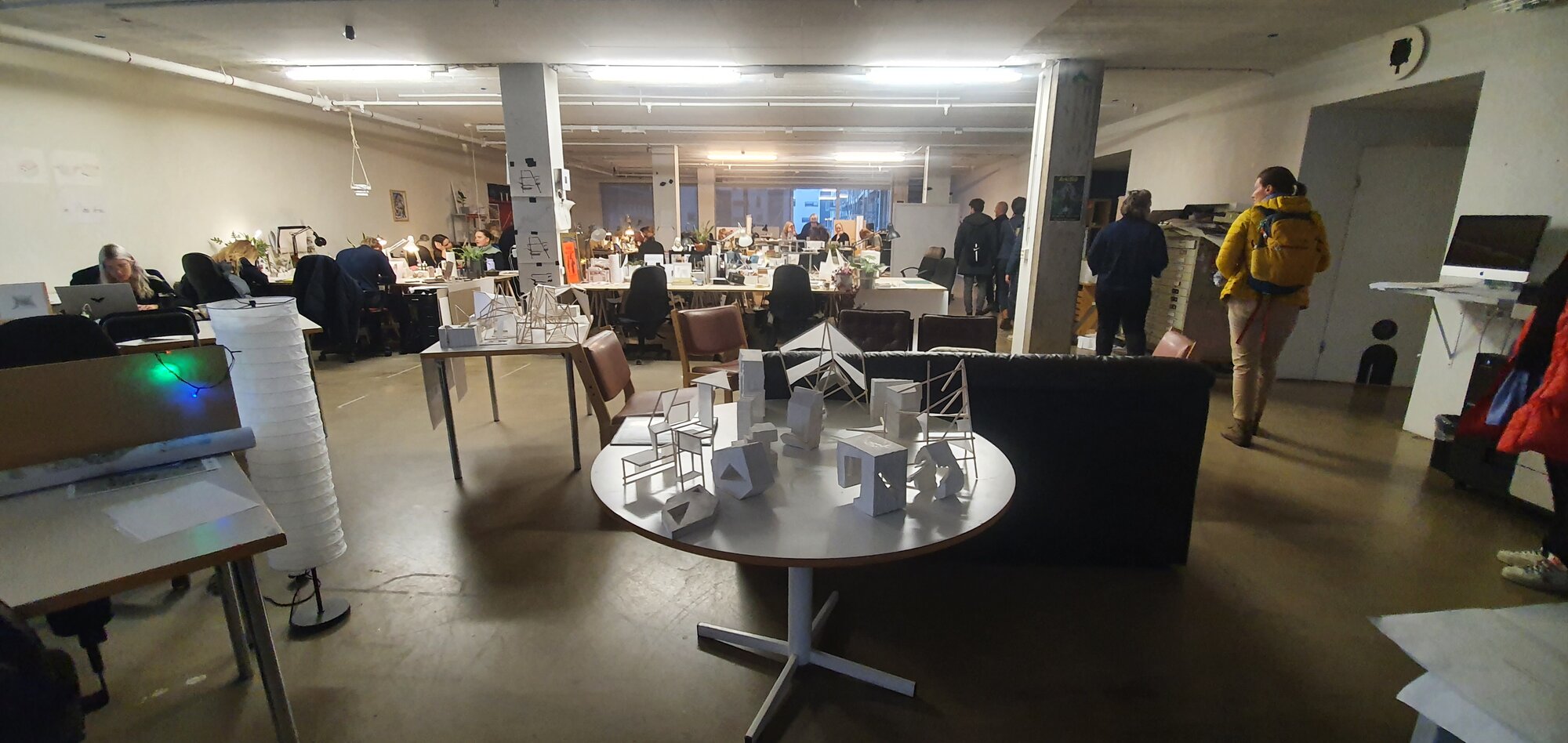
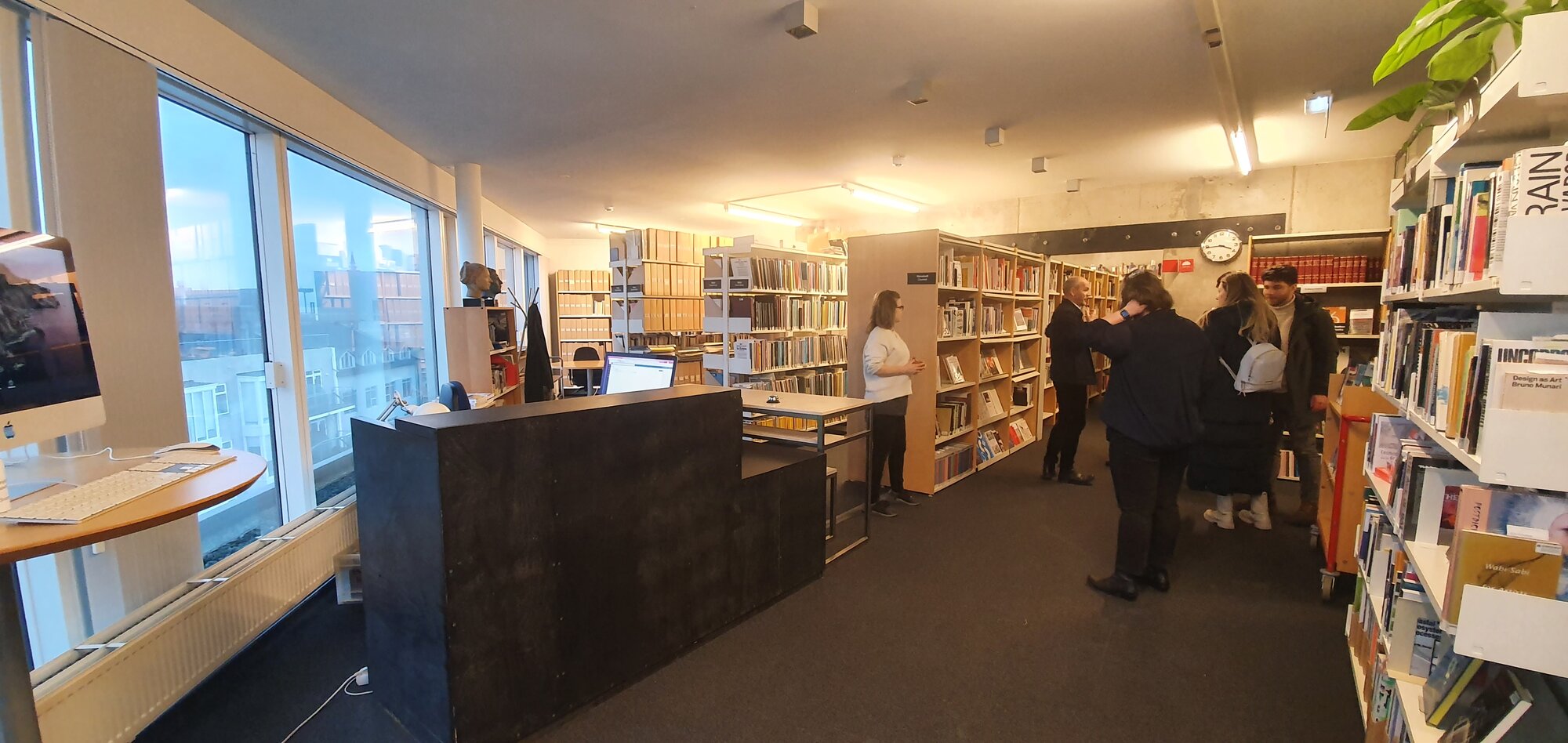
The visit of STU employees to Iceland was made possible thanks to the REX-RMA project financed by Norwegian funds.
Text: Mária Páleníková

